Underworld Ascendant interview: making a sequel to a 22 year old classic
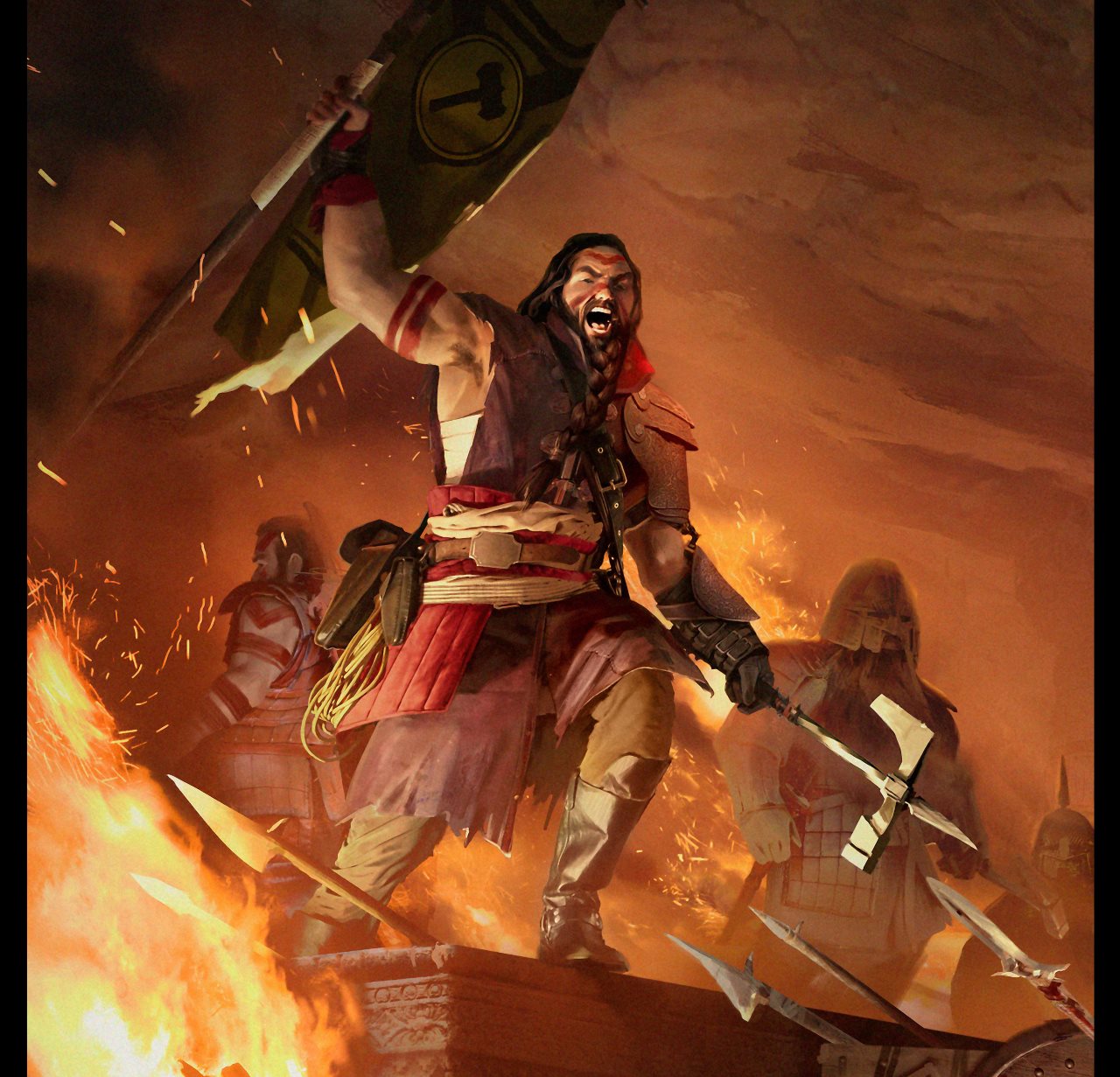
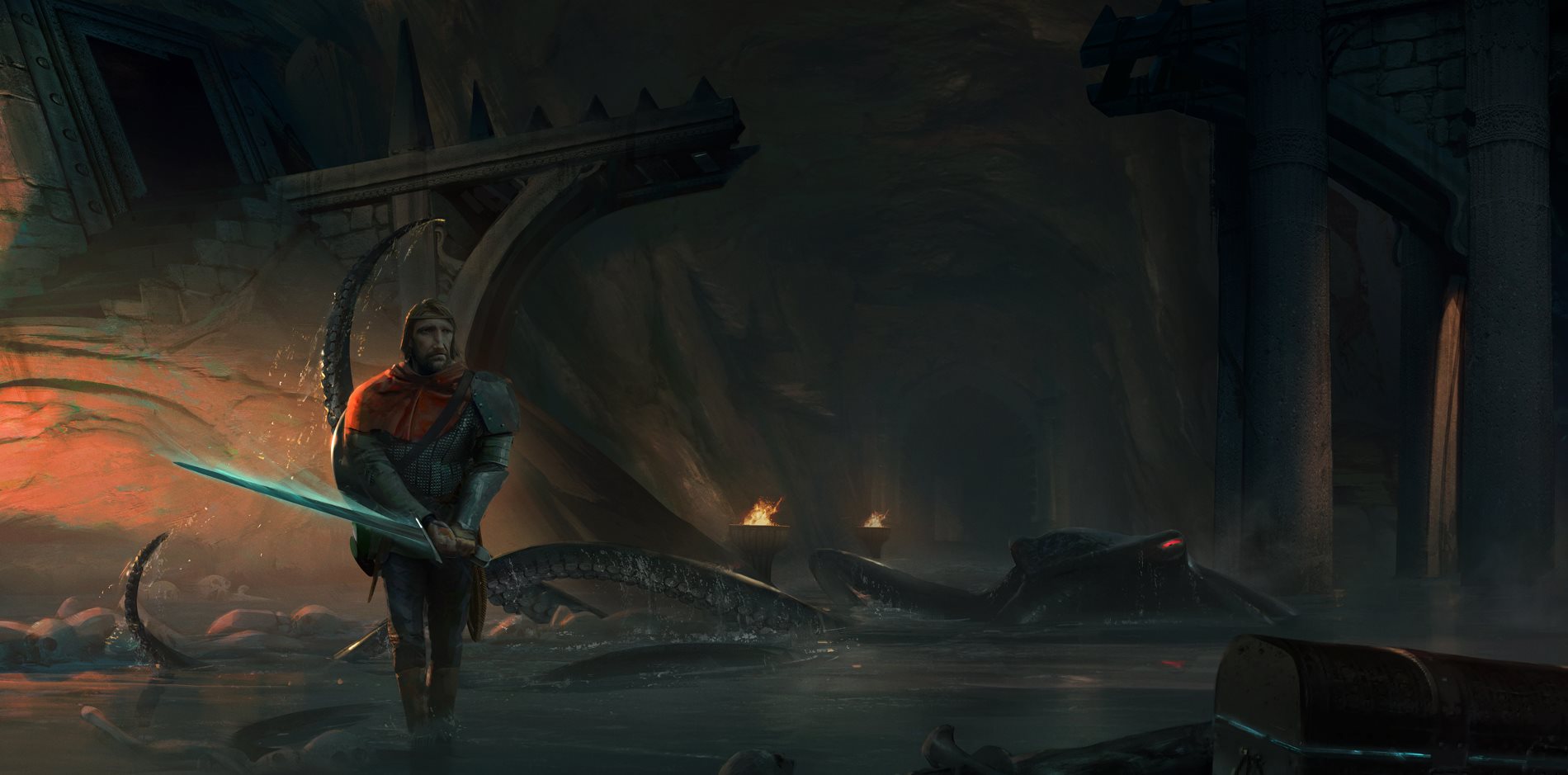
Ultima Underworld: The Stygian Abyss was nothing short of a revelation when it was released in 1992. The first-person, 3D dungeon explorer predated Doom, yet featured many technological advances that game lacked, like the ability to jump, look up and down, and swim through flowing water. An even more ambitious sequel, Ultima Underworld II: Labyrinth of Worlds, followed less than a year later. And then, nothing. For 22 years.
That's a long time to wait for a sequel, but it's finally happening: Underworld 3, properly known as Underworld Ascendant, is now on Kickstarter.
Astute observers will notice that it's no longer an Ultima game, but creator Paul Neurath told PC Gamer this week that Underworld Ascendant is a "genuine sequel" nonetheless. In fact, not being saddled with the pre-existing Ultima mythology—which the original Underworlds really only paid half-hearted lip service to anyway—actually opens up some opportunities that the developers may otherwise not have had. "We can be more creative and pursue a more modern sense of story. I think Richard [Garriott] himself would say that the kind of story design he was doing in the early 90s, he wouldn't do that today," Neurath said. "We've learned a lot and other designers have learned a lot about how to tell stories, and how to make something tighter and more cohesive."
Even though it's not a direct "one year later" follow-up, there will be "tight connections" to the original game, including some familiar characters and locations, and of course the setting of the great Stygian Abyss—the gloomy, subterranean realm of Underworld. Neurath said that having one big, "contextual space" made more sense for what OtherWorld is trying to accomplish than the more sprawling (and less cohesive) series of worlds that formed the basis for Ultima Underworld II. "We really want to recreate that experience that you're thrown into this deep, dark underworld, and it's dangerous, and you start not knowing anything and being very vulnerable," he explained. "You go through the whole arc of growth and learning and gaining mastery of the Underworld in terms of growing your character, what you learn about the lore of the world, and your place in the Underworld, and how other societies work with you."
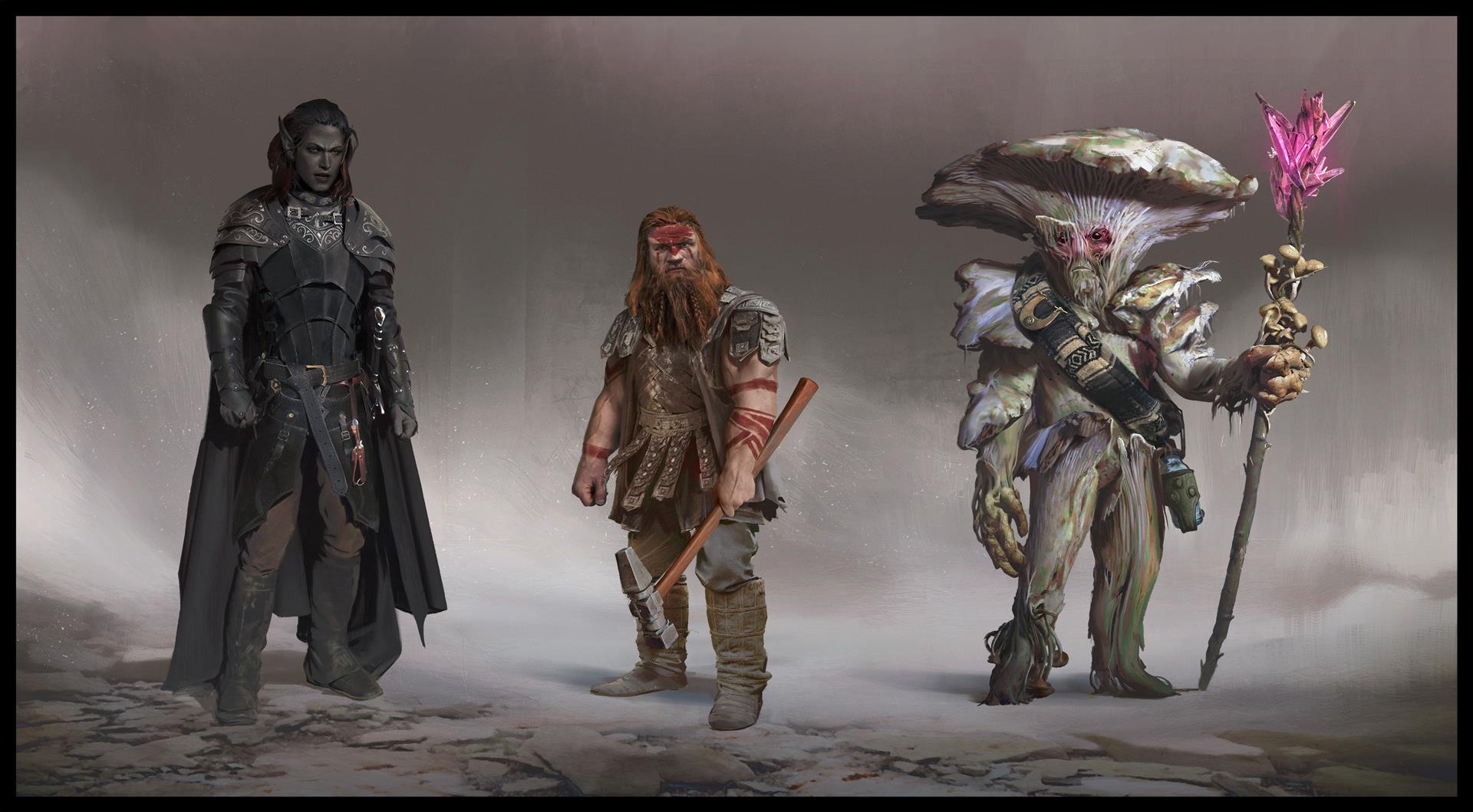
Somewhat ironically, while it's the recent advances of Kickstarter and digital distribution that have made Underworld Ascendant possible, Neurath is handling the actual development process in much the same way he did back in the glory days of Looking Glass. The team is small, lean, and tightly-knit, and he has several veterans from those days involved in the process as well, including Tim Stellmach, Austin Grossman, Robb Waters, and Warren Spector, who's taken on a "part-time role" as a creative adviser.
"There's an almost tribal culture when the teams are small. Everybody knows each other really well, they know their strengths and weaknesses and foibles and all that, and that's actually really helpful," he explained. "And when you get above a certain size, 30 or so, people don't know each other as well, and they can't be in close communication with each other. You lose that tight collaboration. So part of what we're trying to do is to do this with, by modern, triple-A standards, a very small team."
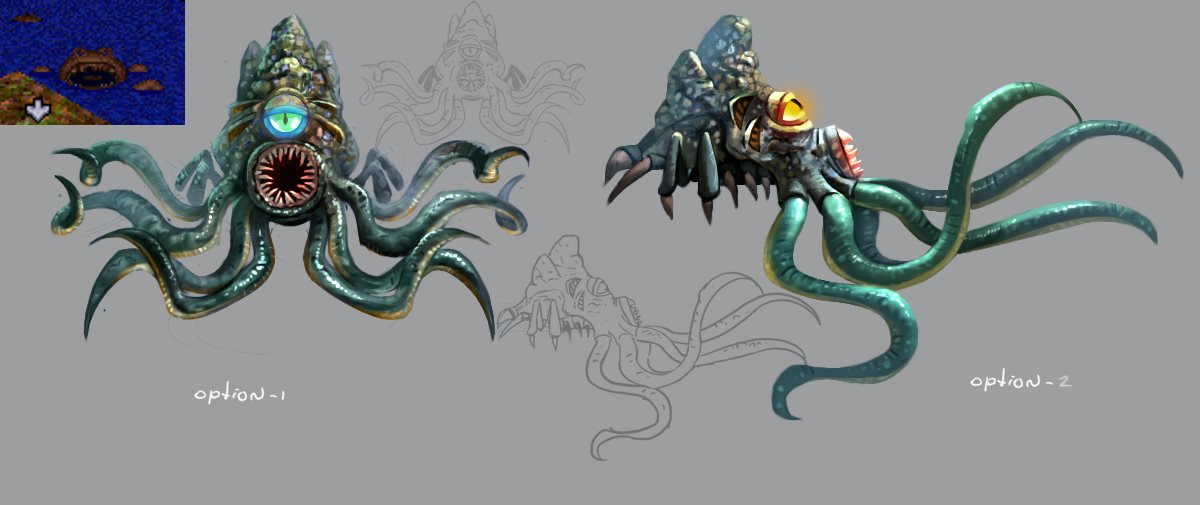
Neurath said Underworld Ascendant will have a "real familiarity" for fans of the original, but he emphasized that it's important for the game to break new ground as well. "Innovation is always a tricky thing. You never quite know what you're going to get out of it. So we have what we look at as a set of experiments," he said. "Some of this came out of what we were originally thinking about when we thought of Underworld 3 way back when, some of it is based on games that we've worked on or played over the last five years, and some of it is looking forward to what no one's done yet. We have a suite of innovations, so to speak, a lot of them are tied to stretch goals, and we'll see where are fans want to go on that."
Keep up to date with the most important stories and the best deals, as picked by the PC Gamer team.
Many of those "experiments" are tied to Kickstarter funding: The goal for the "core, essential Underworld experience" is $600,000, but there are stretch goals for as much as double that amount, and OtherWorld has more ready to go if the funding runs even higher. Yet while the fans will determine how deep into the stretch goals the game will go (or, to put a more negative spin on it, whether it will be funded in the first place), Neurath insisted that the design won't be dictated by audience expectations or marketing metrics.
"Can we deliver in your mind's eye what it would really be like to be an adventurer in a fantasy underworld? That informed pretty much everything we did."
"I came up with the original concept for Underworld [and] it really came out of a passion to try to create a much more immersive, you-are-there kind of dungeon exploration game that's much more alive and real [than other games of that era]," he said. "I wanted to get rid of all the abstractions, all the mechanics, and just say, what's the pure experience? Can we deliver in your mind's eye what it would really be like to be an adventurer in this fantasy underworld? And that informed pretty much everything we did. And I didn't have a clue if a bunch of people wanted that same experience, but that's how I approach things."
In the original Ultima Underworld, that "pure experience" meant flexibility—solving problems in whatever way the player saw fit, rather than based on the structures of a predetermined character class—and the same will hold true in Underworld Ascendant. "We don't really create those distinctions. We say, hey, there might be 20 ways to solve this. It's very fluid," he said. "Again, it goes back to, if you were really there, if you were really an adventurer and you had some assortment of skills and equipment, you'd use whatever was in your bag of tricks and be as clever as you could. You wouldn't say, well, I'm a thief so I can only use stealth. That's not how you would do it in real life. We think that freedom is pretty cool and pretty distinctive."
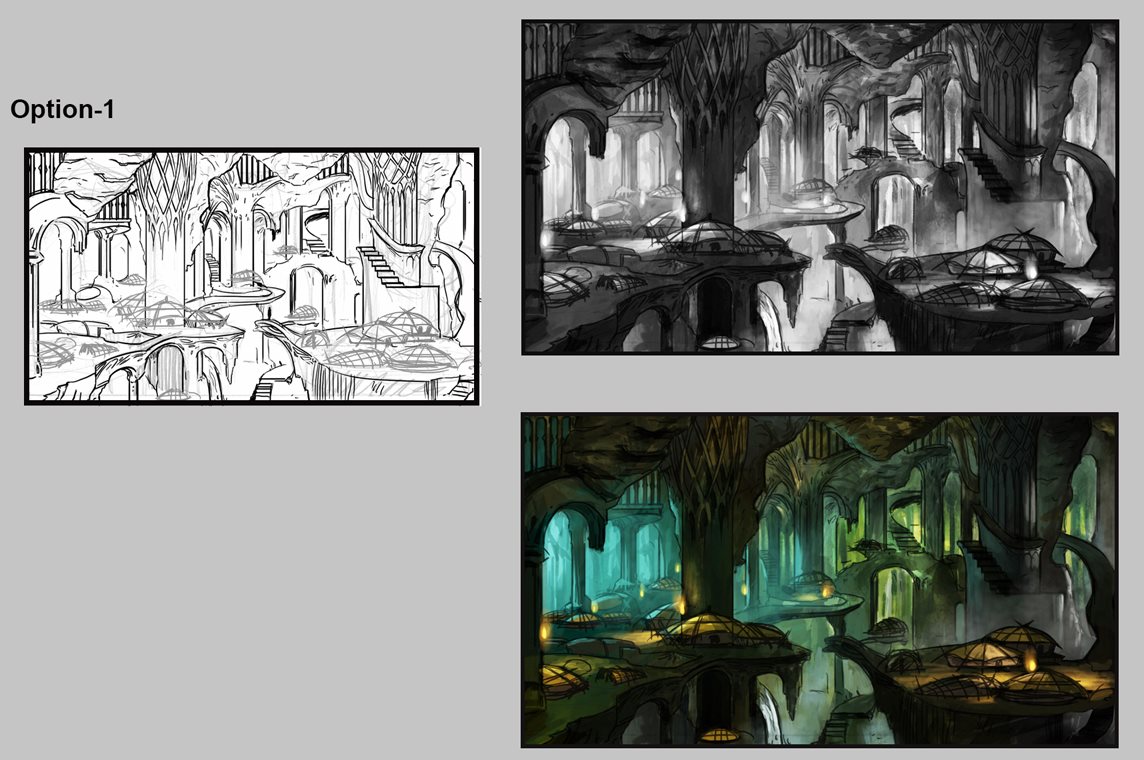
"It's interesting to me that almost the standard of role-playing games is hack and slash. You go through the typical RPG today and kill, what, 5000 monsters? 50,000 monsters? You have a pile a mile high of dead monsters when you play one of these games through," he continued. "I get it, it's a grindy kind of thing, there's nothing wrong with it, but that's not the Underworld. The Underworld has combat, you can fight monsters, that's perfectly fine and a lot of players like that, but there's almost always non-violent solutions, ways to outsmart the monster, or outwit them, or dispatch them without just swinging swords at them or casting fireballs at them."
That, for me, was a huge part of the magic of Ultima Underworld: Talking to ghouls instead of killing them on sight, making wormy stew for a troll, and never knowing what each new encounter would bring. Even the ending had a sort of "doing a bad thing for a good reason" ambiguity to it. That's what I want from a new Underworld, and that's what Neurath says OtherWorld is making. I hope they can pull it off.
Last year, we spent an hour playing the original Ultima Underworld with Paul Neurath, as he talked about designing the game. You can watch our playthrough here.
Below: More concept art from Underworld Ascendant.
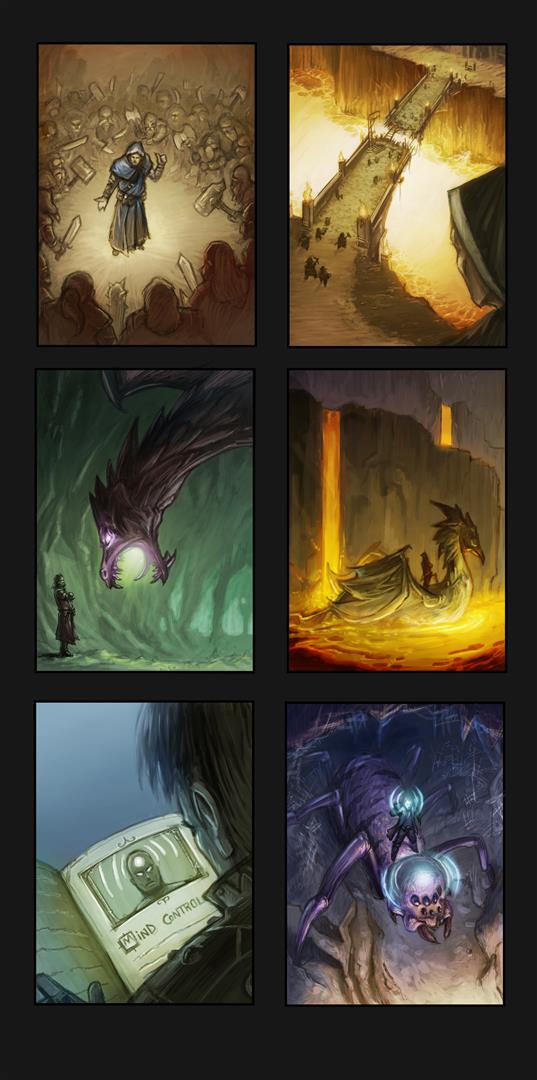
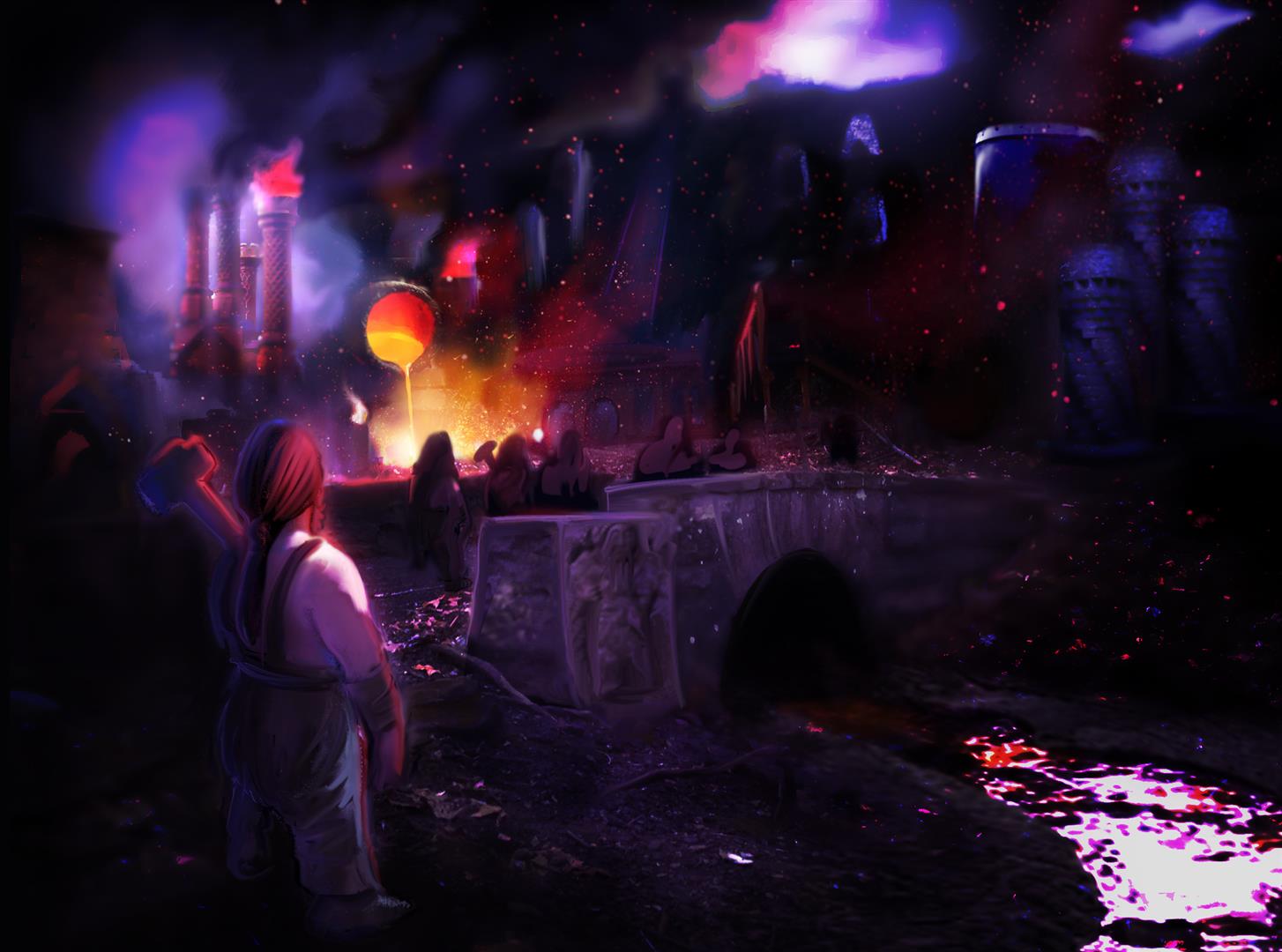
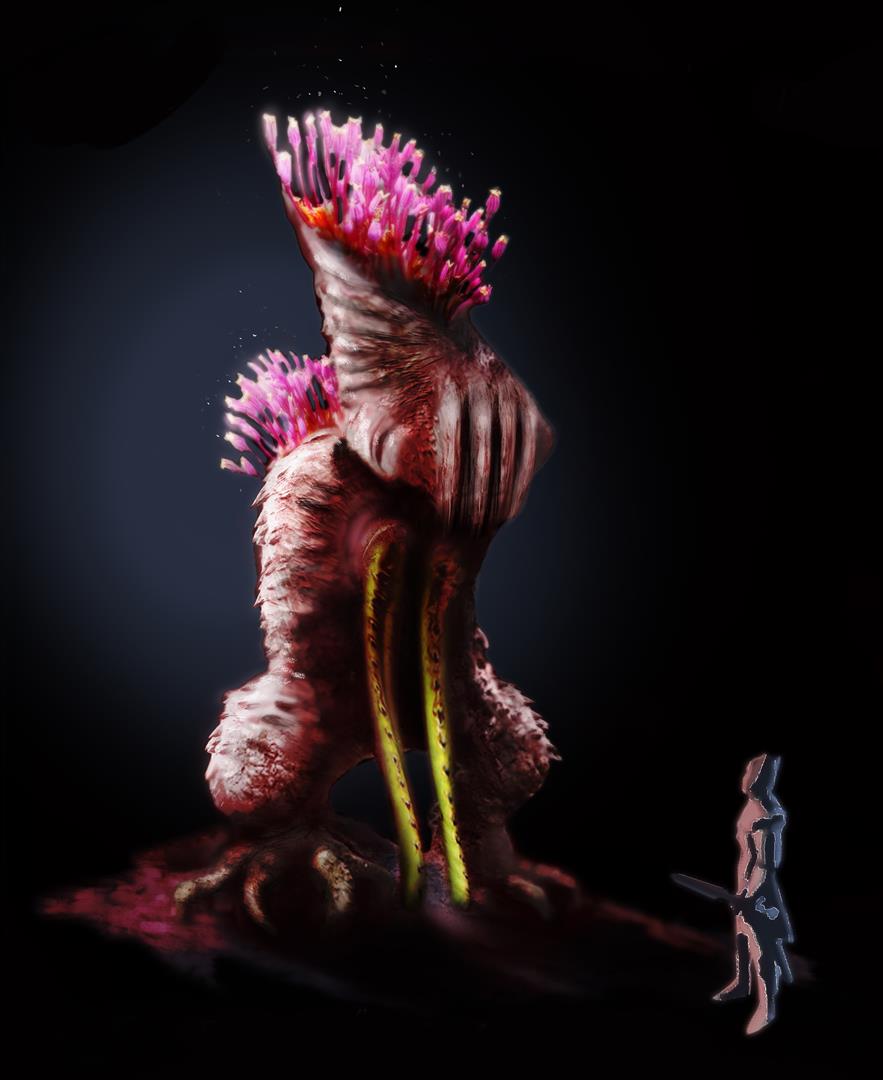
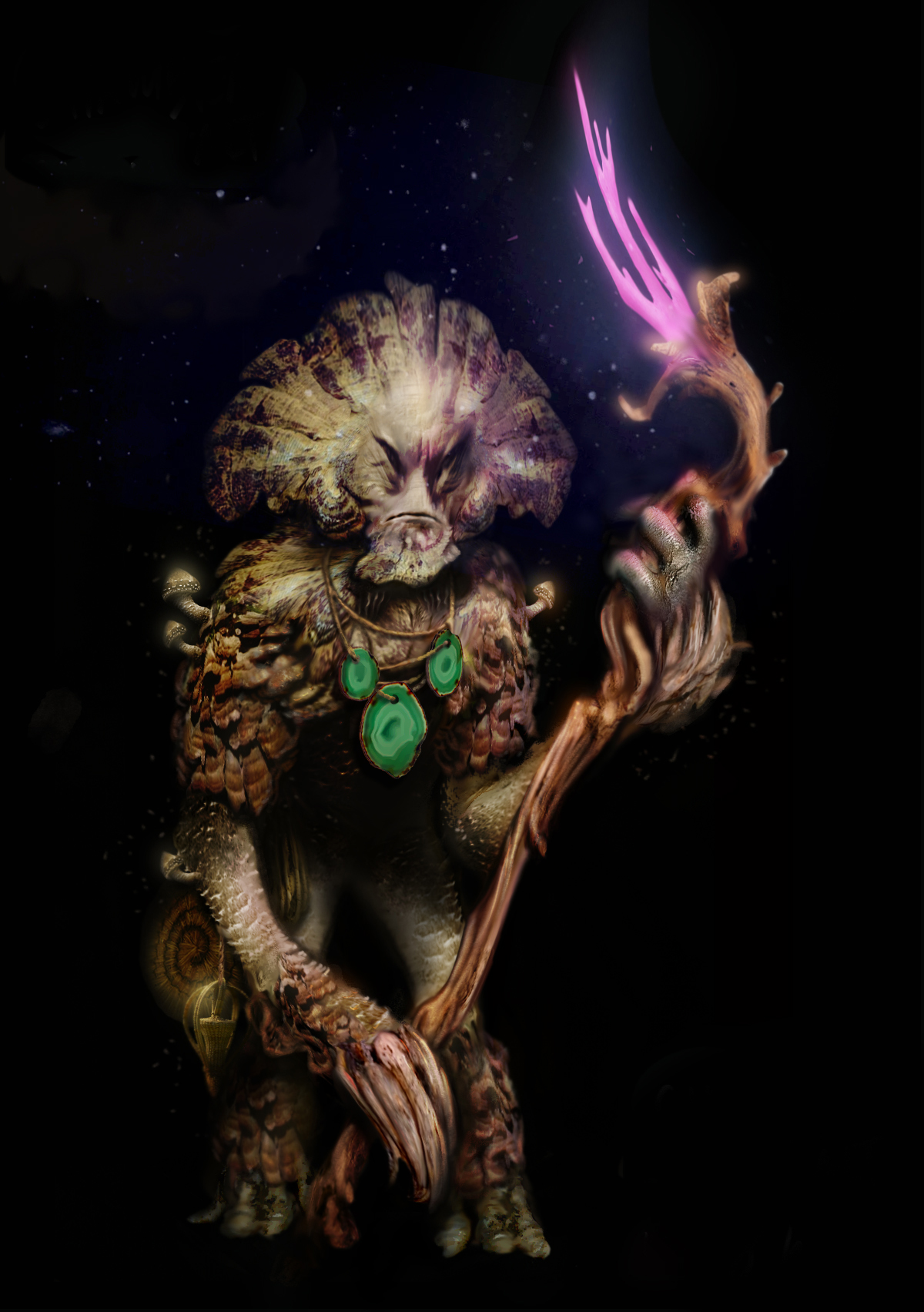
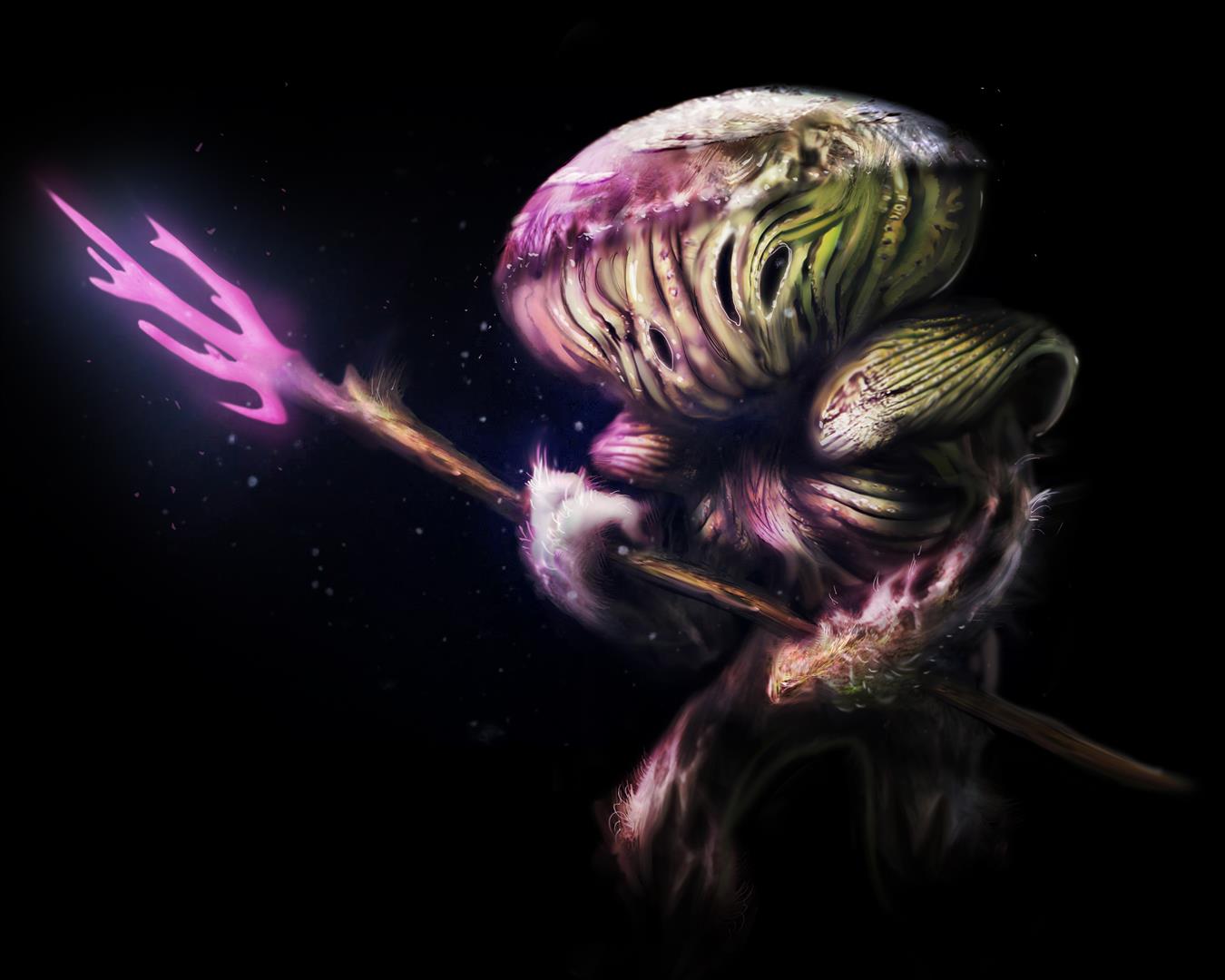
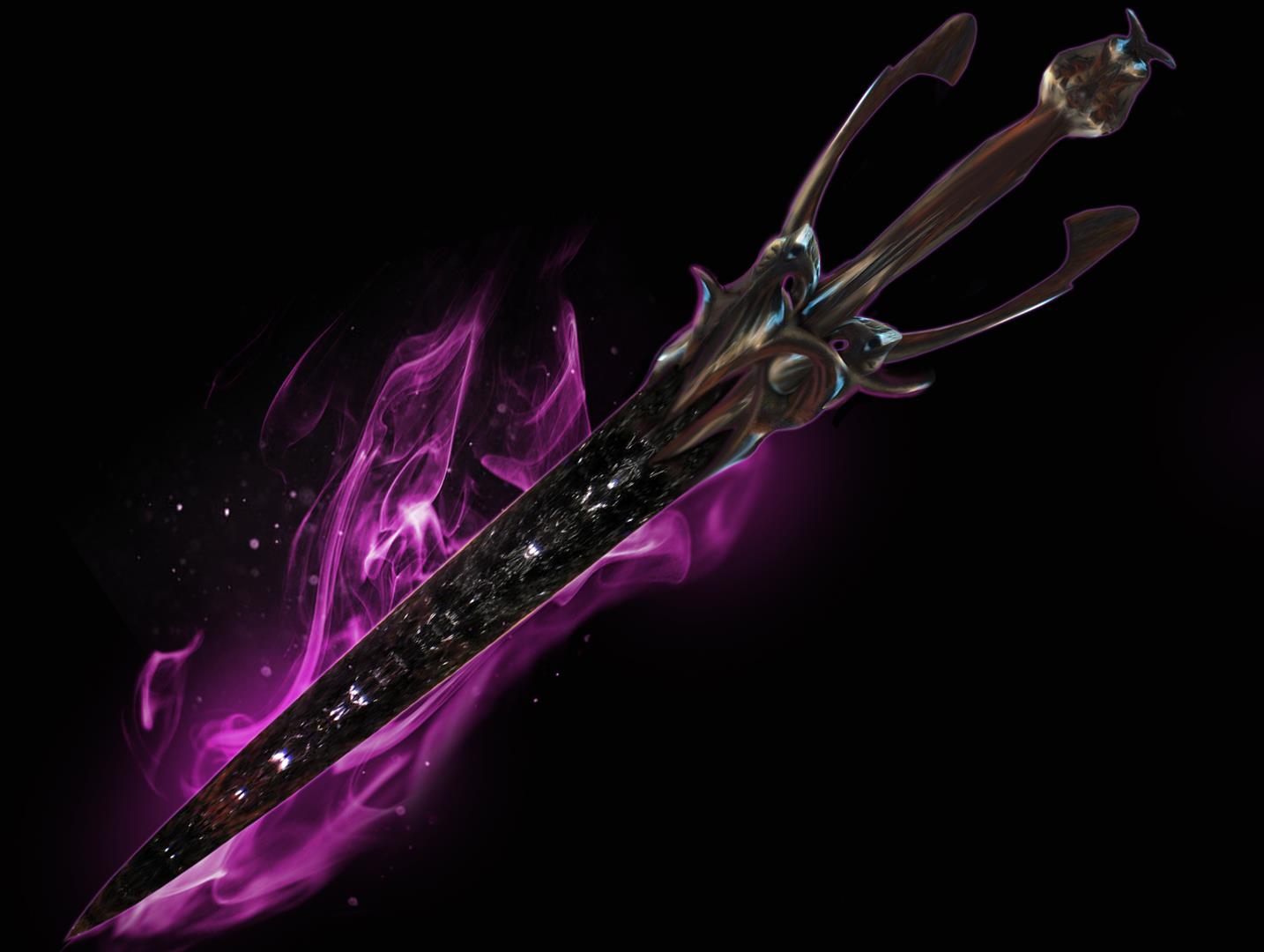

Andy has been gaming on PCs from the very beginning, starting as a youngster with text adventures and primitive action games on a cassette-based TRS80. From there he graduated to the glory days of Sierra Online adventures and Microprose sims, ran a local BBS, learned how to build PCs, and developed a longstanding love of RPGs, immersive sims, and shooters. He began writing videogame news in 2007 for The Escapist and somehow managed to avoid getting fired until 2014, when he joined the storied ranks of PC Gamer. He covers all aspects of the industry, from new game announcements and patch notes to legal disputes, Twitch beefs, esports, and Henry Cavill. Lots of Henry Cavill.


